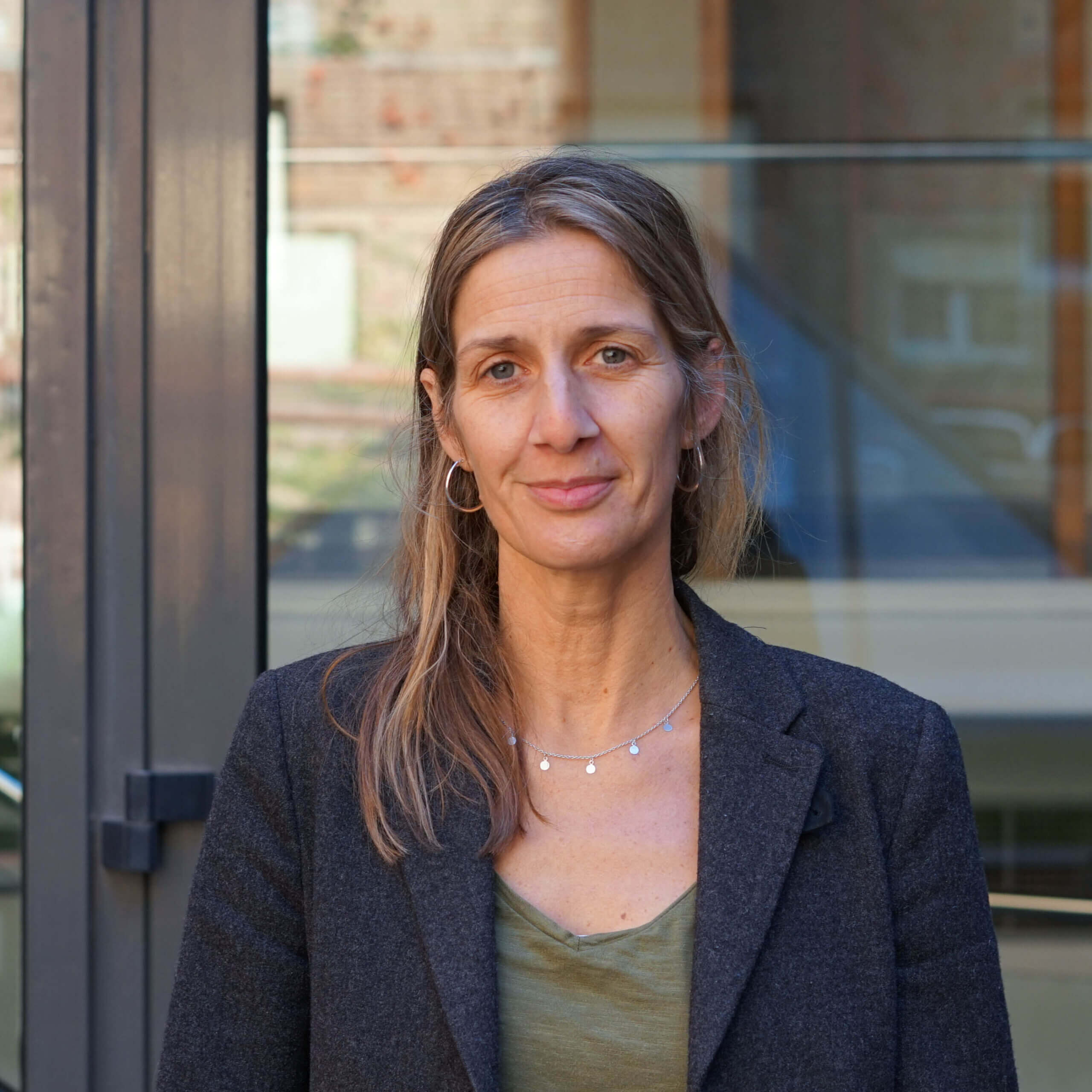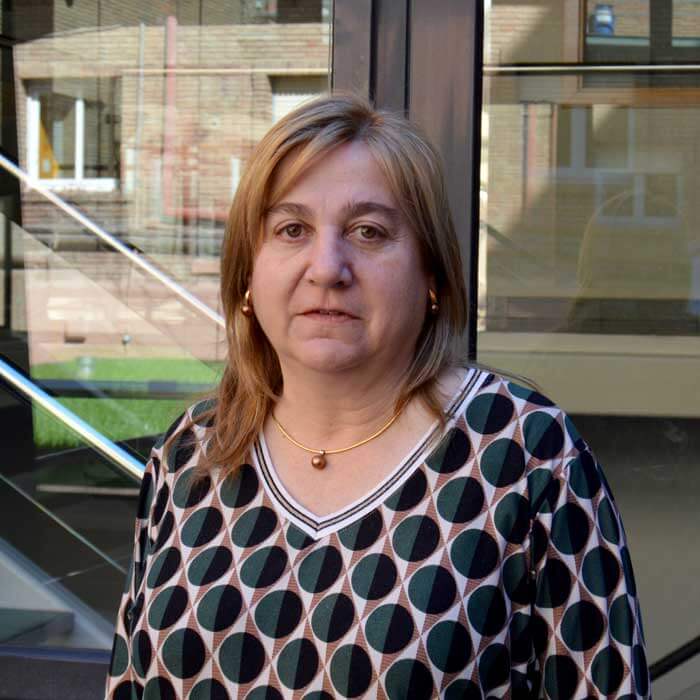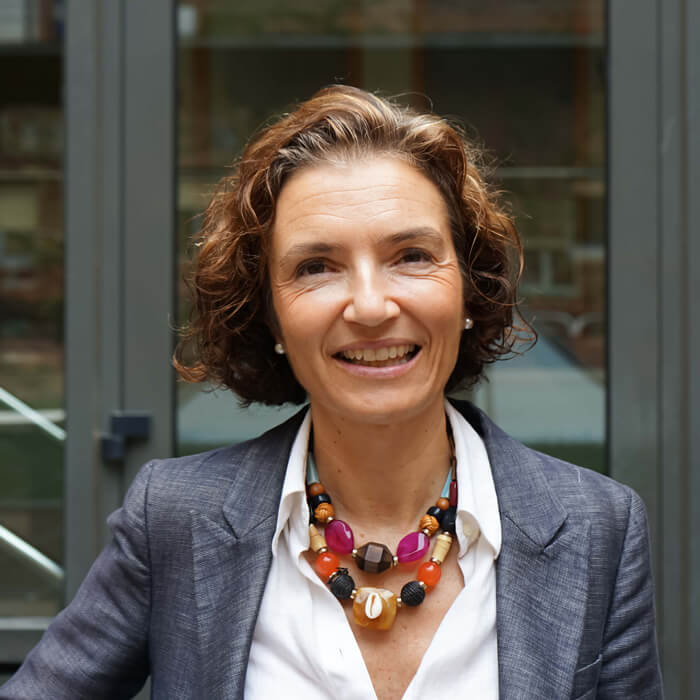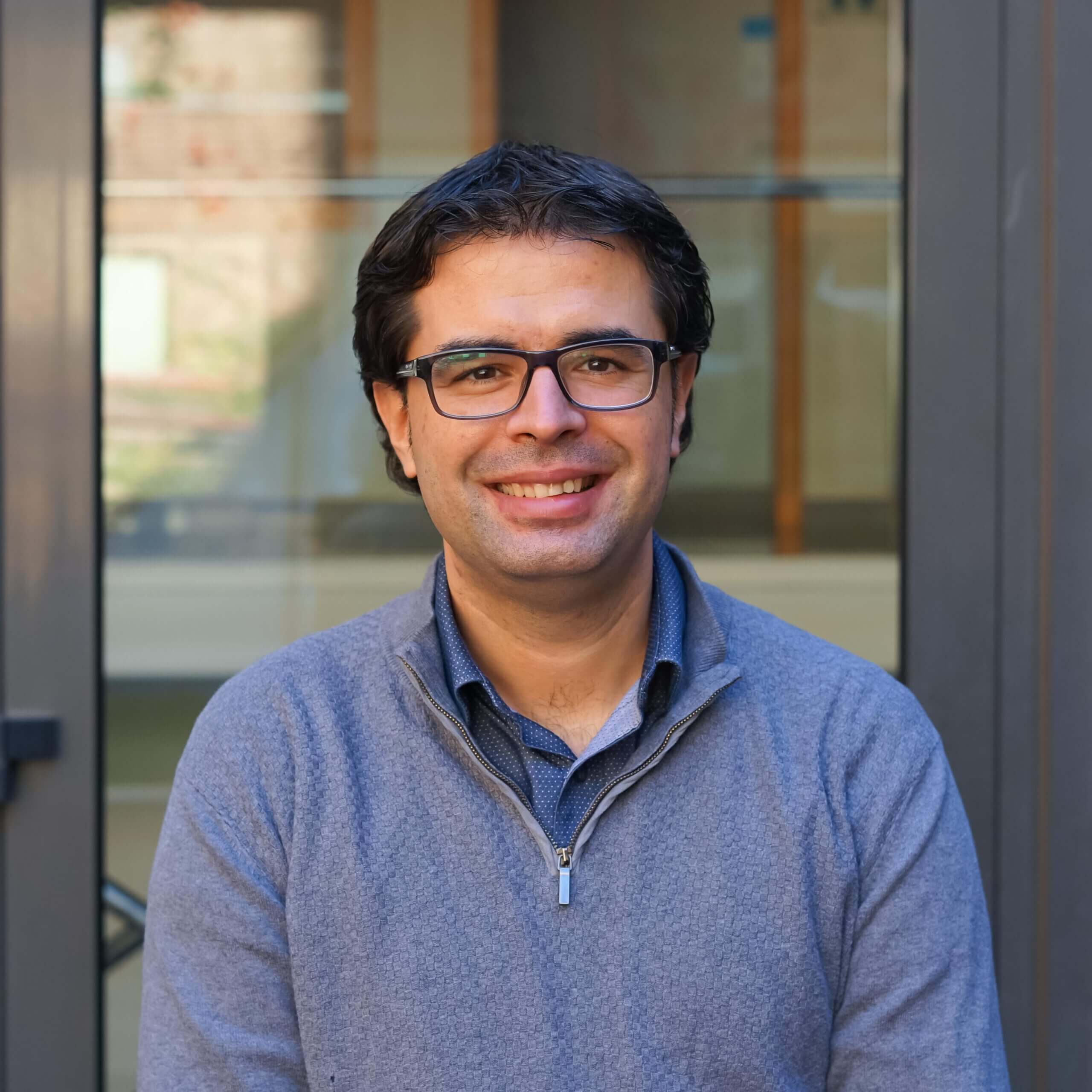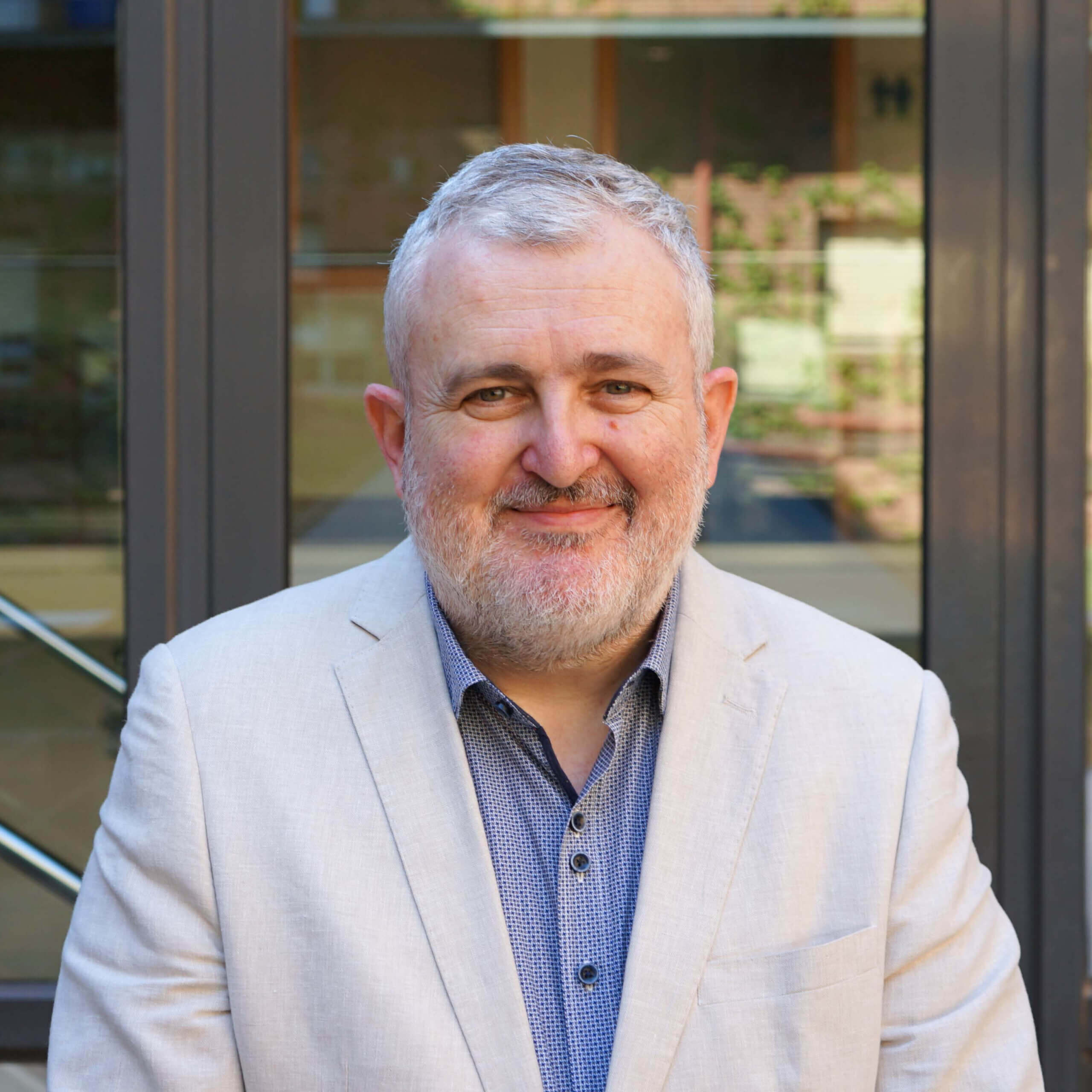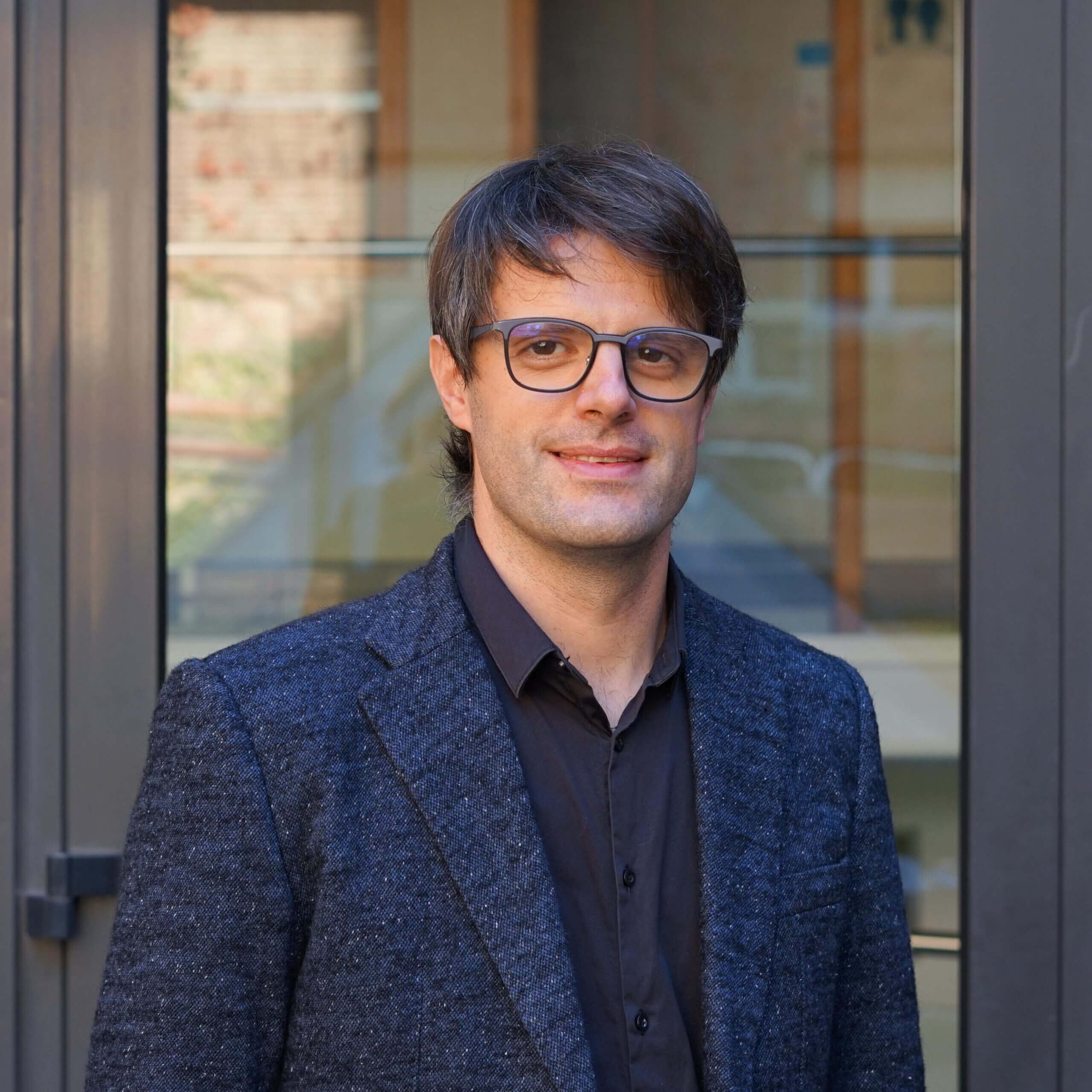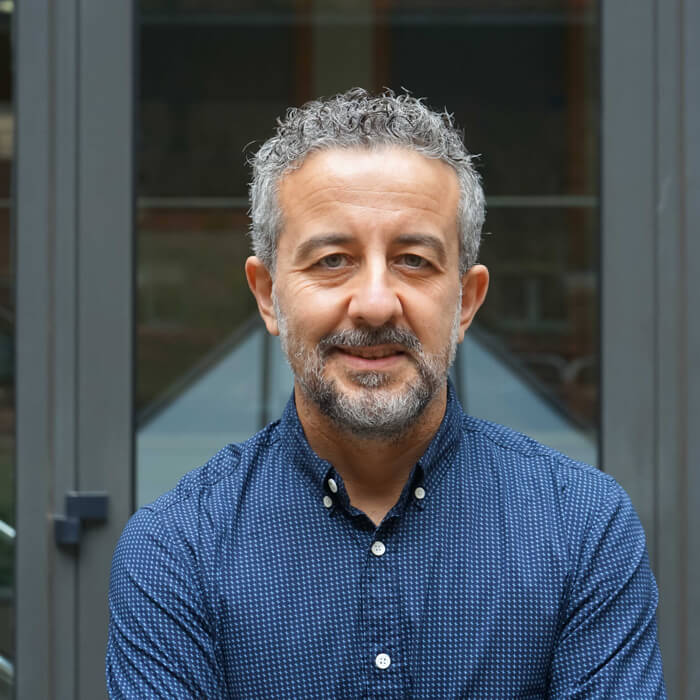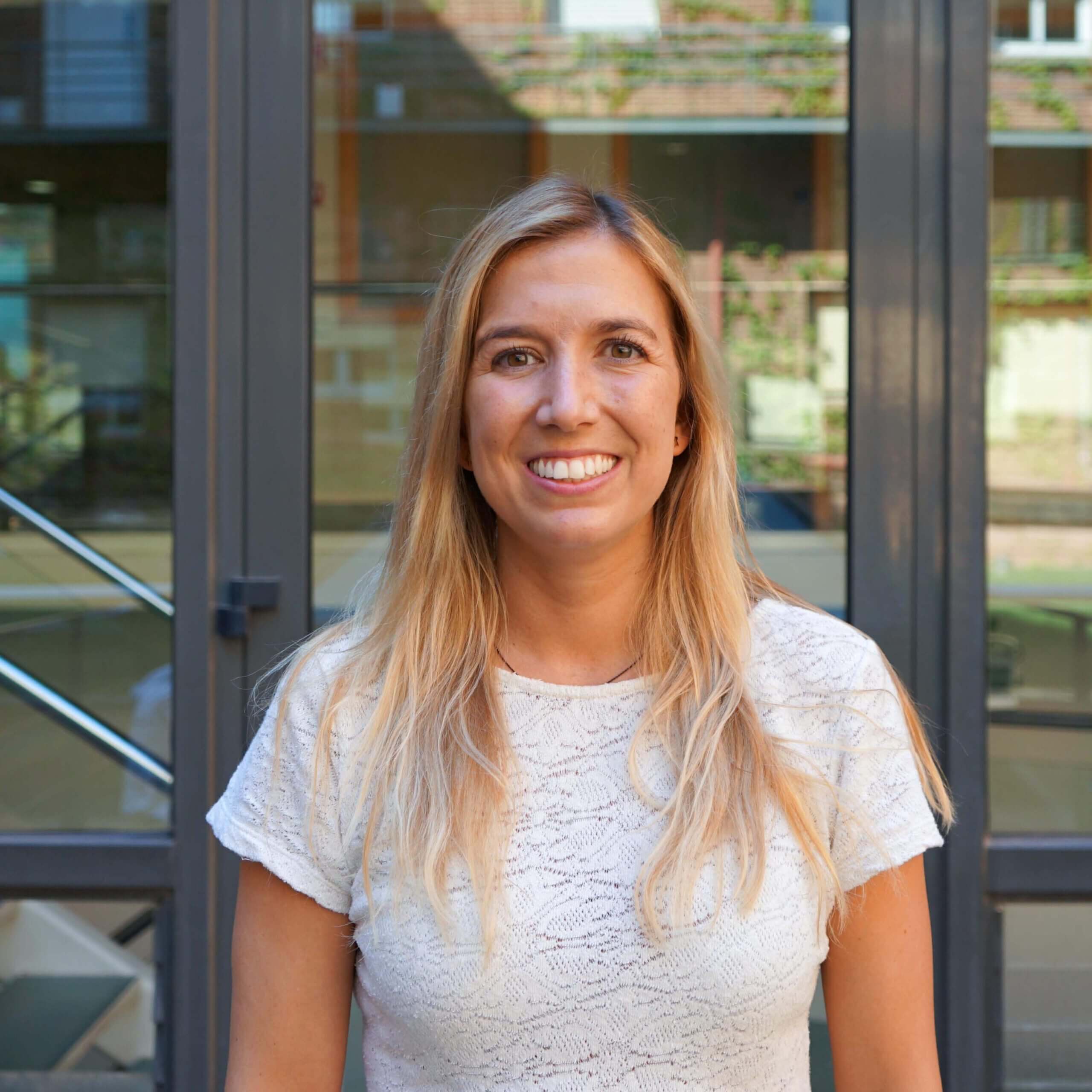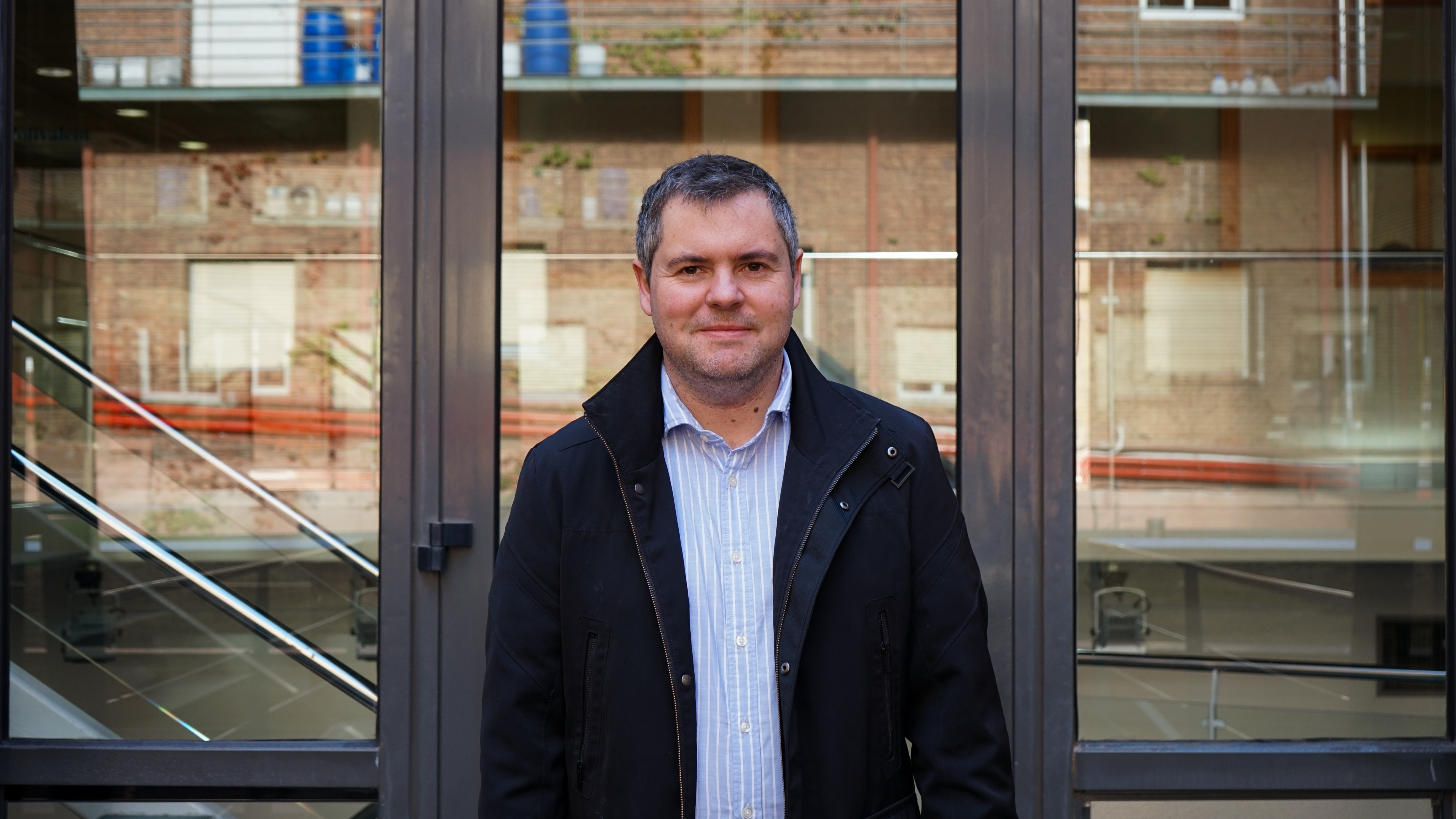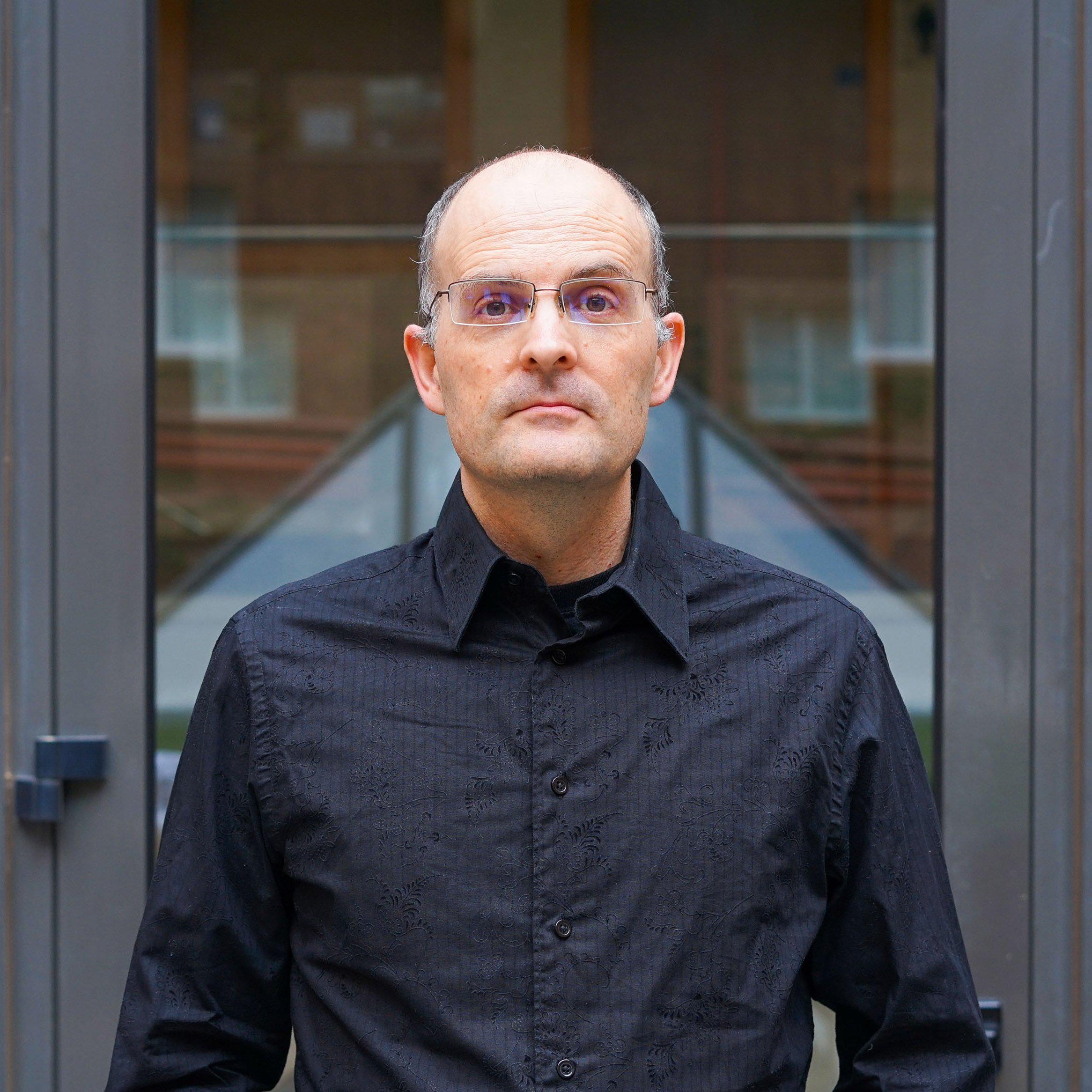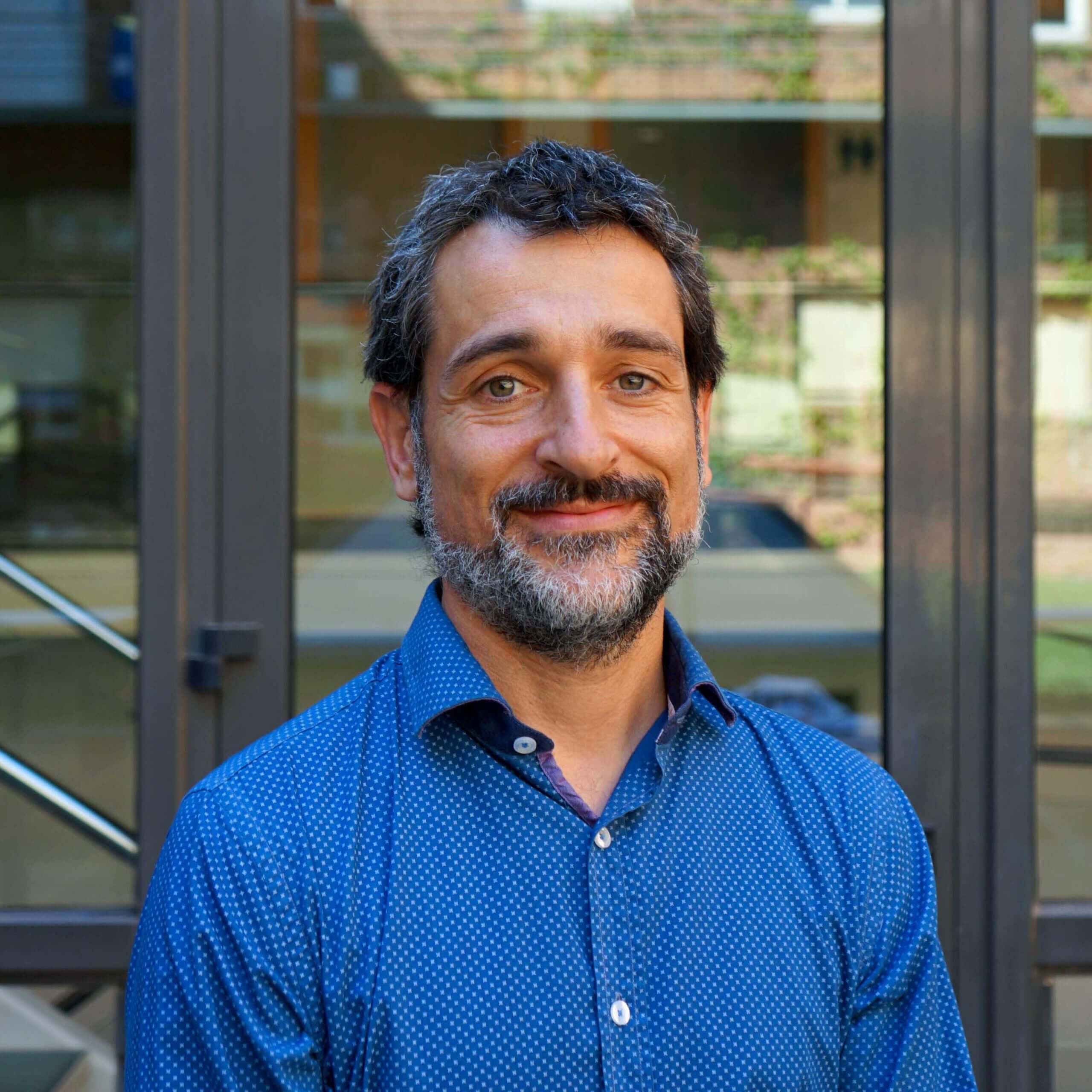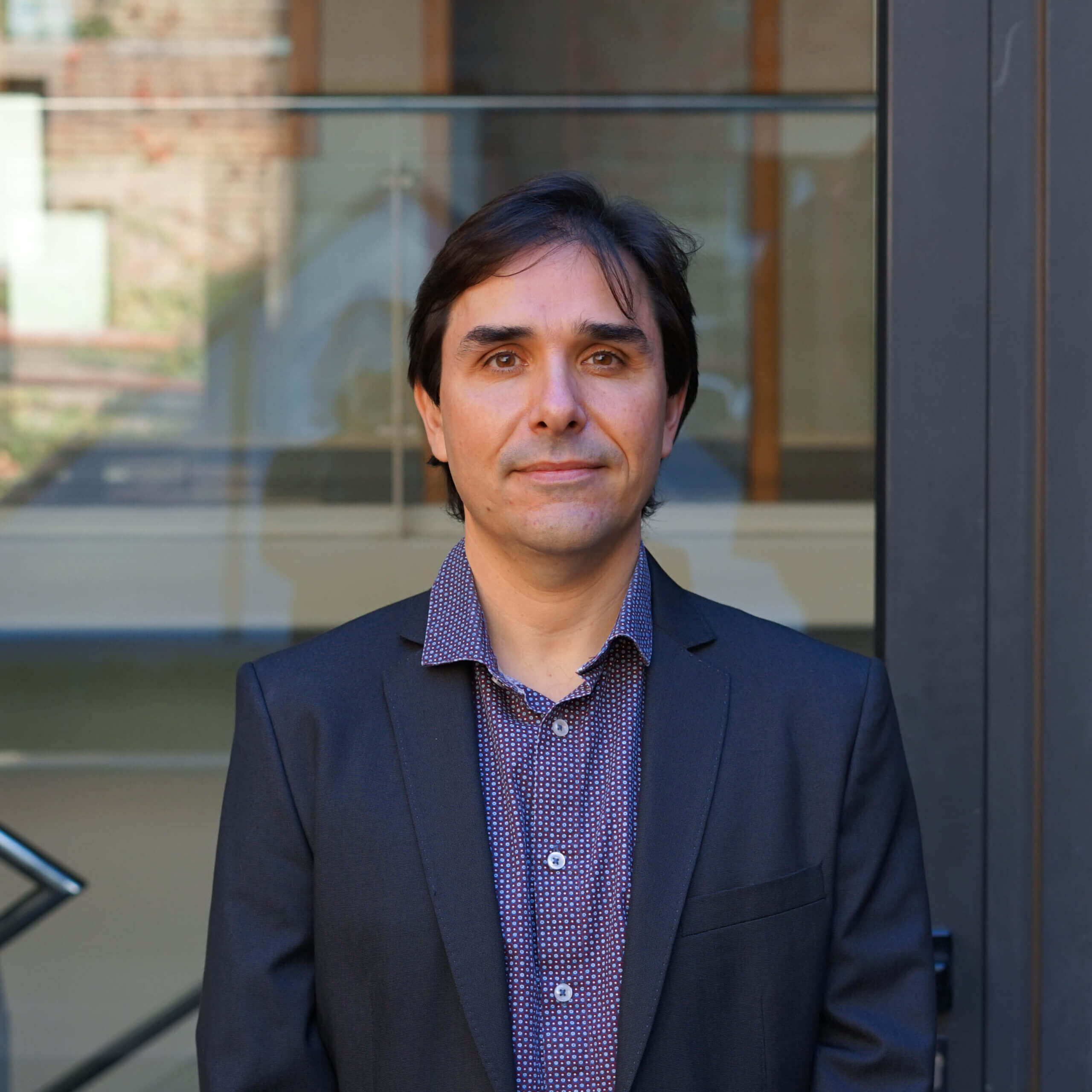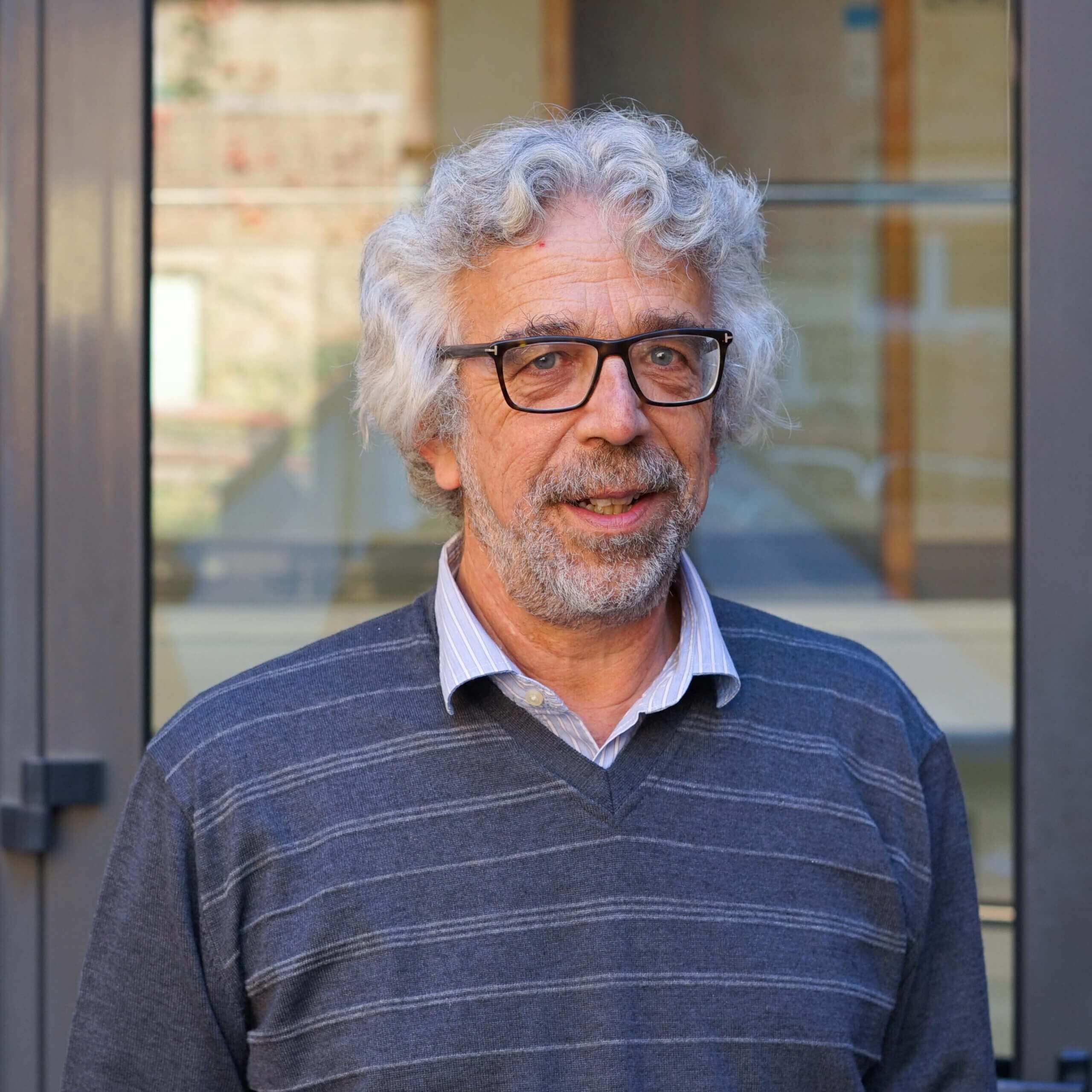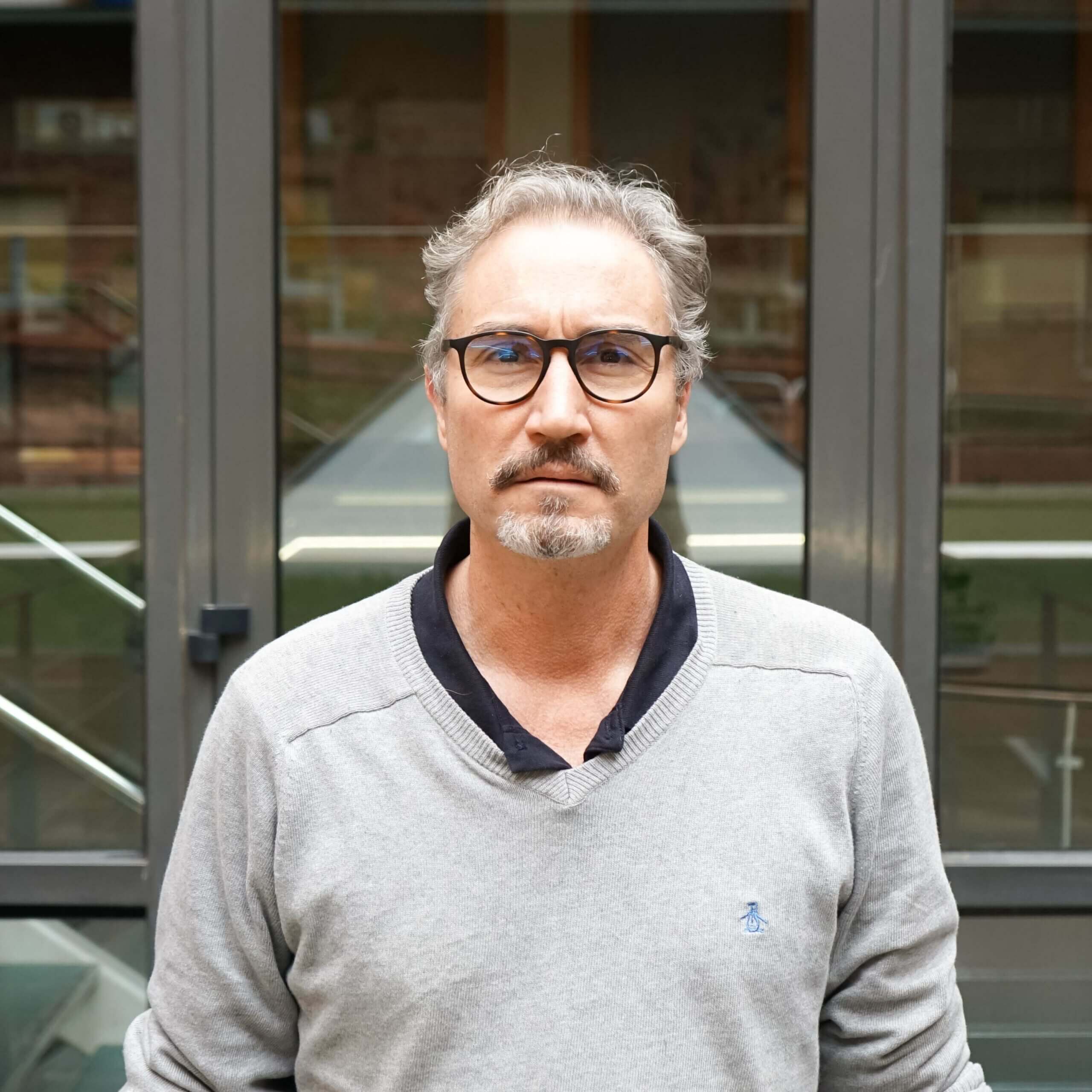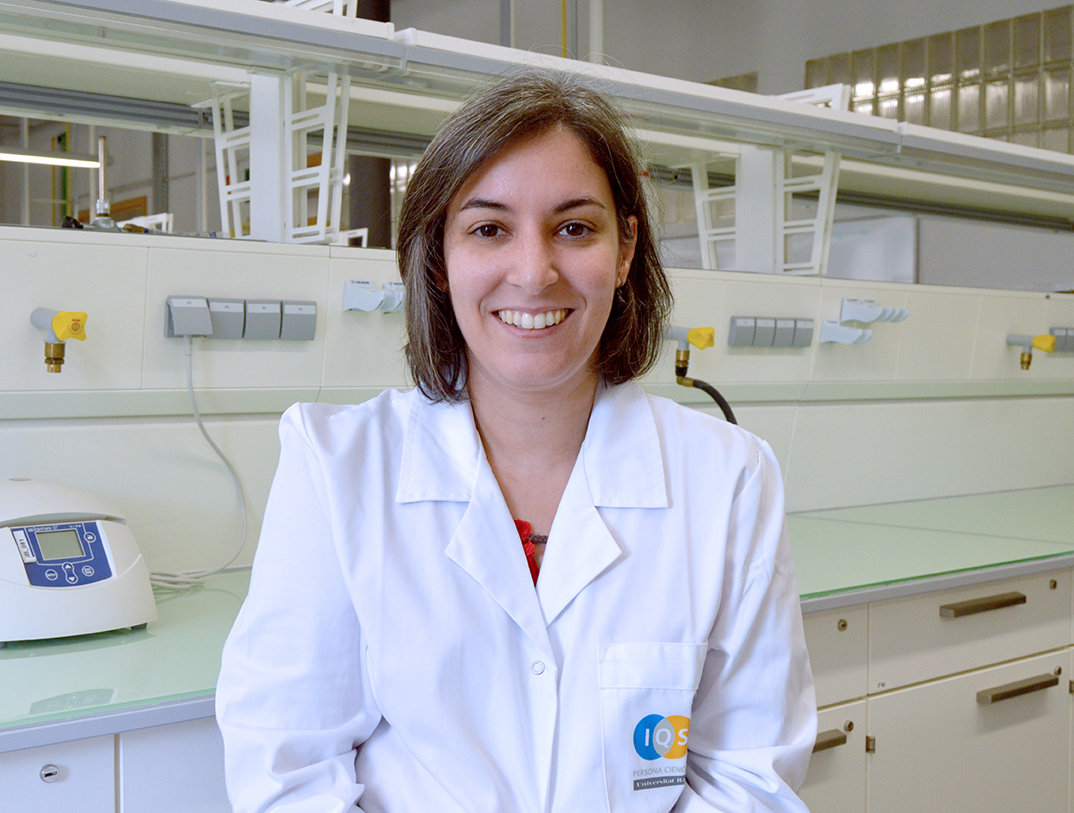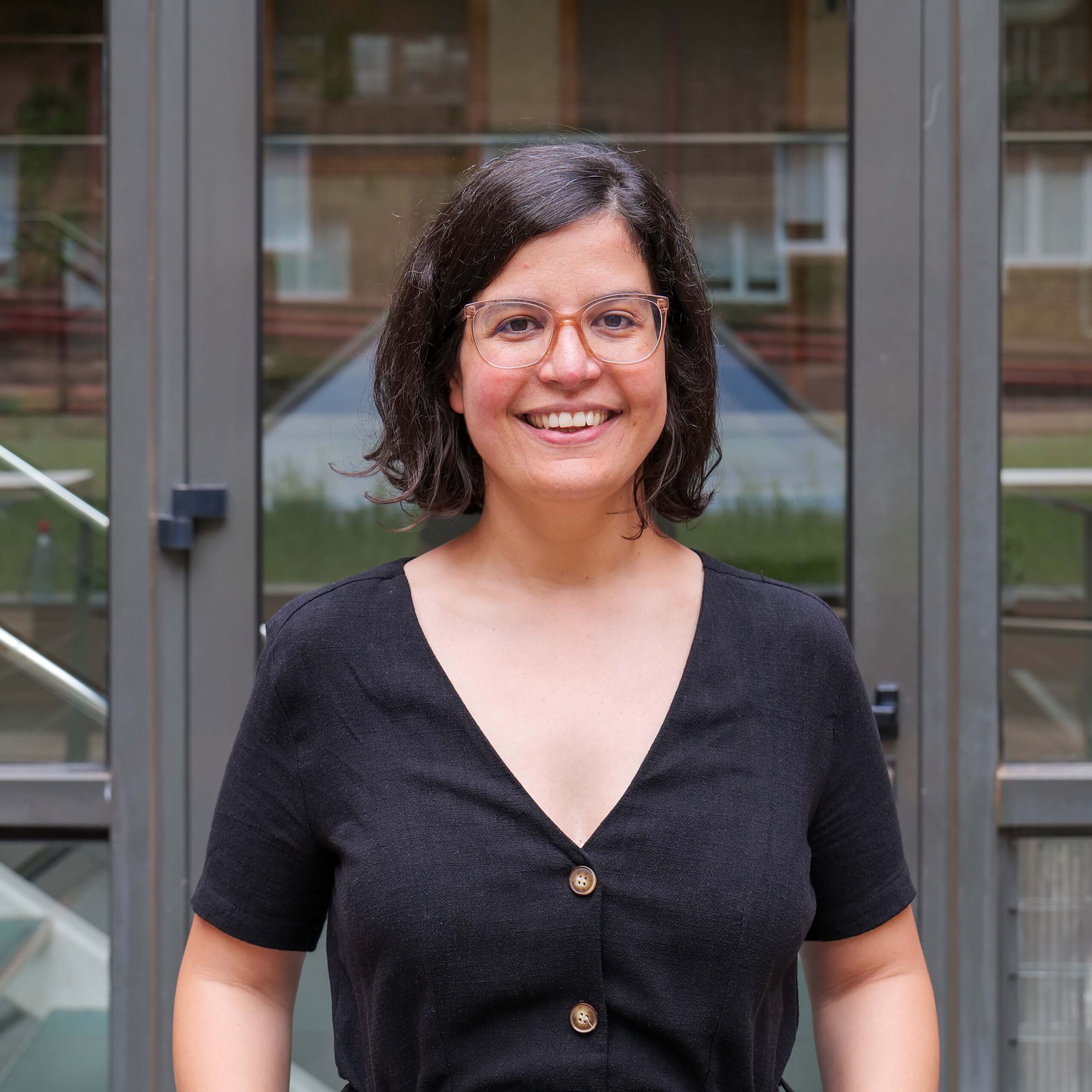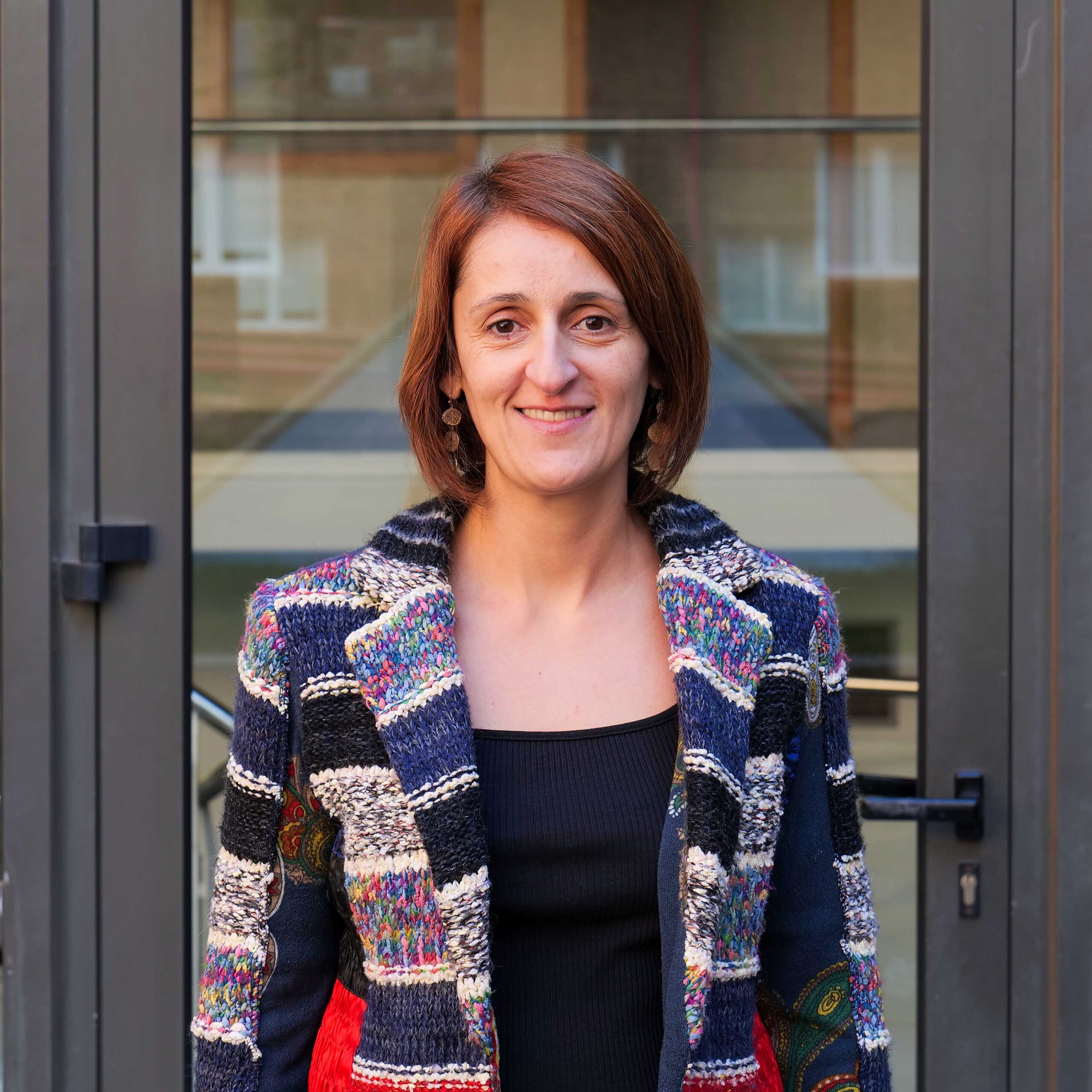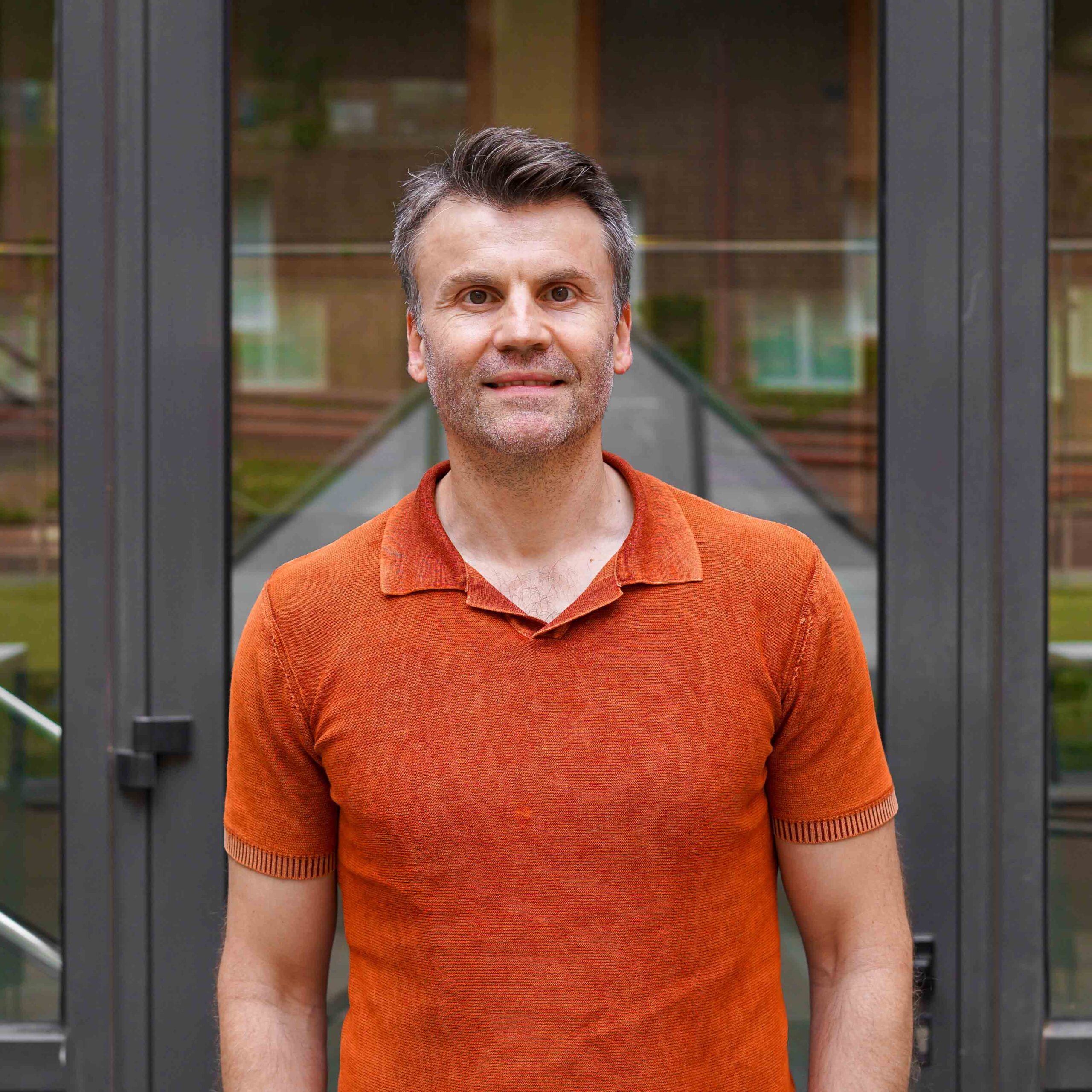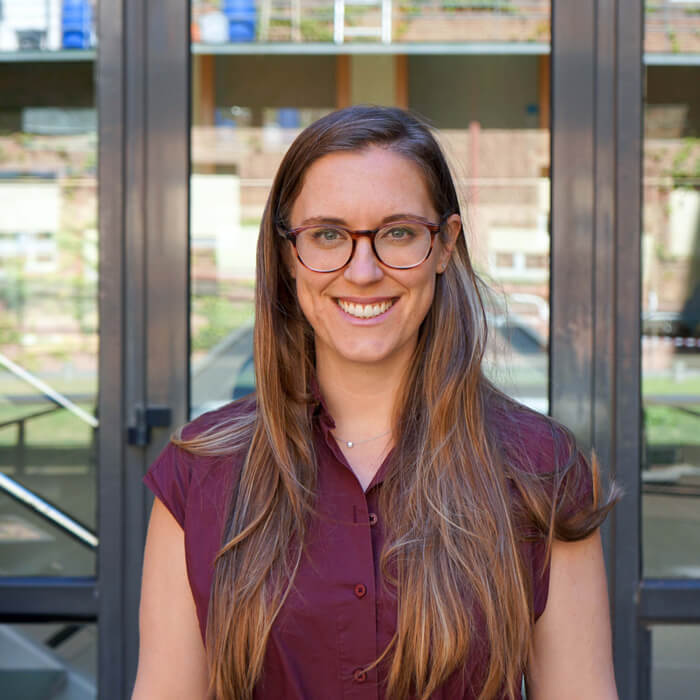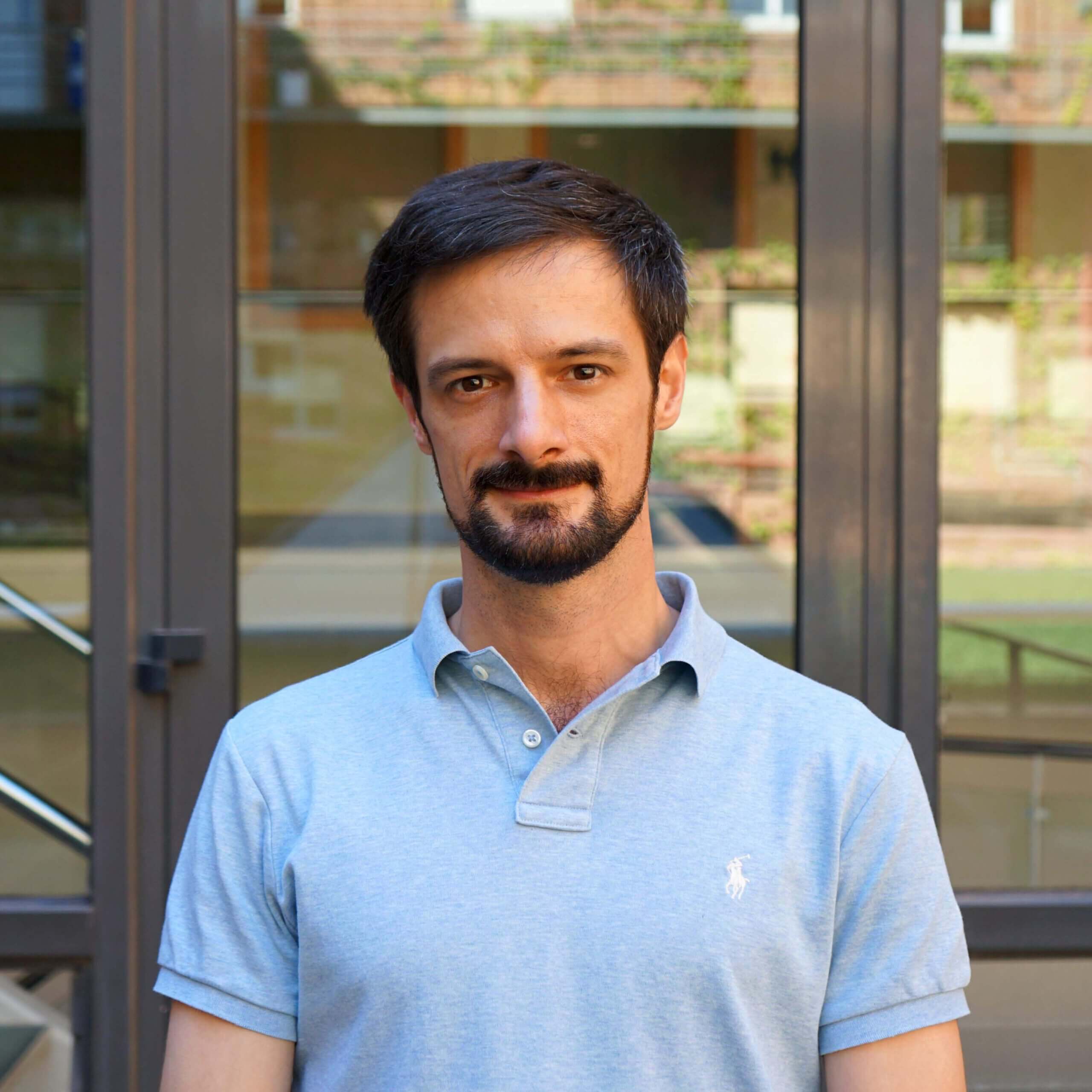
Departments IQS School of Engineering
Bioengineering
Introduction
The Bioengineering Department was founded in 2007 by merging several IQS laboratories in the Life Science area and by joining new research groups. The Department is composed of 5 laboratories: Biochemistry, Biomaterials, Microbiology, Bioprocesses, and Tissue Engineering. Research areas combine basic and applied projects in biomedicine, industrial biotechnology, and food and environmental biotechnology.
Teaching
The Department coordinates the undergraduate and postgraduate studies in Biotechnology and Bioengineering: Degree in Biotechnology, Marters in Bioengineering, and PhD program in Bioengineering. It also offers biology and biochemistry courses to the Degrees of Chemistry, Chemical Engineering, and Pharmacy. Additionally, the Department organizes other activities such as Department conferences, specific courses, and exchange activities for students and professors.
Research
Research projects are in the areas of Life Sciences, Biotechnology, and Bioengineering.
Biochemistry Laboratory – Biological Chemistry and Biotechnology Group (GQBB)
Members: Antoni Planas, Magda Faijes, Xevi Biarnés, Pau Leivar, Marc Carnicer
Enzymatic, genetic, and metabolic engineering in Glycobiology and Biocatalysis. Biomedical targets. Synthetic biology. Bioprocesses. Bioinformatics.
- Protein engineering and enzymology of carbohydrate-active enzymes
- Therapeutic targets in infectious diseases and cancer progression
- Biocatalysis: enzyme redesign, directed enzyme evolution
- Bioinformatics and molecular modelling of biological systems
- Artificial intelligence applied to protein design and carbohydrate recognition
- Metabolic engineering in bacteria and yeasts for producing high value-added products
- Synthetic biology and molecular biotechnology in photosynthetic microalgae
- Bioprocess development: upstream and downstream
- Functionalization of nanoparticles and extracellular vesicles with carbohydrates to activate the immune system
- Plant signaling mechanisms and metabolism in response to water-deficit stress
- Multi-omics approaches (genomics, transcriptomics, and metabolomics) for developing early diagnostic tools for environmental stress in plants and other organisms
- Genomic studies for the characterization of environmental microbiomes
Biomaterials Laboratories
Members: Salvador Borrós, Cristina Fornaguera, Marta Guerra, Núria Oliva
Design, synthesis, and characterization of materials for biomedical applications. Nanomedicine. Advanced drug delivery systems. Tissue regeneration due to different diseases and ageing.
- Design of nanosystems for the targeted release of active ingredients, primarily therapeutic RNA
- Use of extracellular vesicles and polymeric nanoparticles as main types of nanosystems, with control of nanomaterial-biological component interactions
- Nanomedicine combination strategies to address complex diseases
- Design and development of hybrid vectors (polymer-viruses) for gene therapy of monogenic diseases (ex. Duchenne Muscular Dystrophy)
- New polymeric RNA release systems for muscle regeneration
Preclinical studies of toxicity, biodistribution, and the therapeutic efficacy of nanosystems in murine models - Development of smart biomaterials for tissue regeneration, in particular skin and cartilage
- Design and development of bio- and nano-materials to treat complex diseases and promote healthy ageing, for example osteoarthritis, skin ulcers, and cancer
- 3D bioprinting of in vitro skin models to study new therapies for dermatological diseases
Bioengineering Laboratories
Members: Francesc Guix, Loli Molina, Michael Bruyns
- Alzheimer’s, type 2 diabetes
- Mechanisms behind type 2 diabetes-induced cognitive impairment
- Early detection of Alzheimer’s: Development of an innovative blood-based diagnostic kit using neuronal extracellular vesicles
- Study of tau transmission mechanisms between neurons in Alzheimer’s disease
- Study of physical changes to the extracellular matrix in Alzheimer’s disease
Planarian studies: regeneration, tumour response, bioindicators
- Cellular and molecular characterization of regenerative and tumour responses of planarian stem cells to chemical and genetic treatments
- Impact of the CBP/300 gene family on accessibility to stem cell chromatin during planarian regeneration
- Establishment of planarians as bioindicators of toxicity
Behavioural and neuroscience studies on Traumatic Brain Injury and healthy ageing (with the collaboration of the Department of Mathematics and Data Analytics)
- Traumatic Brain Injury (TBI) and Healthy Ageing: Investigating the neural and behavioural mechanisms to inform interventions that promote recovery and resilience.
- Development of Rehabilitative Tools Based on Non-Invasive Biofeedback that monitor physiological and behavioural signals to enhance physical rehabilitation, emotional wellbeing, and behavioural outcomes.
Bioprocesses Laboratory
Members: Marc Carnicer, Martí Lecina
Development of bioprocesses for producing high value-added products: plant crops, cell cultures. Equipment and technology.
- Expression of recombinant proteins and metabolites in different expression systems
- Use of industrial by-products to obtain biotechnological products
- Optimization and scaling of bioprocesses up to 100L Pilot Plant
- Induction and generation of plant cell lines
- Development of bioprocesses for producing active molecules for the cosmetics sector on a bioreactor scale
- Adherent cell culture optimization for cell therapy (hMSC)
- Development of bioprocesses for producing AMTPs (advanced therapy products)
- Manufacturing in bioreactors in microcarriers
- Production, purification, and modification of EVs (extracellular vesicles) as drug delivery nanosystems. Cell engineering for producing modified EVs.
- Development and implementation of monitoring and control tools for bioprocesses
- Customization of conventional and single-use bioreactors (SUB)
- Optimization of high cell density bioprocesses (fed-batch and perfusion)
Microbiology Laboratory
Members: Montserrat Agut, Maria Auset
- Microbiological aspects of photodynamic therapy.
- Treatment of antibiotic resistance using natural biocides.
- Water disinfection through advanced oxidation processes.
- Biodegradability studies of water and waste.
Tissue Engineering Laboratory
Members: Carlos Semino
Regenerative medicine: stem cell differentiation, tissue patterning and function
- Design and synthesis of nanometric biomaterials analogous to extracellular matrices.
- Development of instructive three-dimensional environments for the expansion and functional differentiation of stem cells and cancer stem cells.
- Design of the adult cell microenvironment for the development of regenerative medicine platforms.
- Reprogramming of the adult cell microenvironment for its use in regenerative medicine platforms.
Biotherapy Laboratories
Member: Benjamí Oller
Chemical and synthetic biology to develop biotherapeutics and biomedical tools, with a particular focus on treating brain tumours.
- Generation of Peptides and Proteins: Utilizing rational design and directed evolution to create novel peptides and proteins.
- Enhancement of Biomolecules: Improving antibodies, proteins, and peptides through molecular engineering and bioconjugation.
- Development of Conditionally Active Biomolecules: Creating antibodies, proteins, and peptides with on-demand and controllable activity.
- Gene Delivery Systems: Applying peptides and proteins to enhance the efficiency and specificity of gene delivery systems.
- Blood-Brain Barrier Transport Systems: Studying and engineering transport mechanisms at the blood-brain barrier to improve drug delivery to the brain.
Brain Metabolism Laboratory
Member: Jordi Duran
Brain metabolism in neurological functions and neurodegenerative diseases.
- Study of the role of brain metabolism in learning and memory.
- Study of metabolic alterations in neurodegenerative diseases.
- Development of nanomedicine-based treatments for neurodegenerative diseases such as Lafora disease.
In collaboration with the Massachusetts Institute of Technology (MIT, Boston)
Member: Merche Balcells
- Development of paediatric intravascular devices that target congenital heart diseases such as aortic coarctation and pulmonary stenosis.
- Screening of new drugs for multiple sclerosis using a 3D in vitro blood-brain barrier model.
Studies in Bioengineering
You might be interested in the following studies at IQS:
- Degree in Biotechnology
- Masters in Bioengineering
- PhD in Bioengineering
Head of department
Members of the department
Do you want to see more departments?











